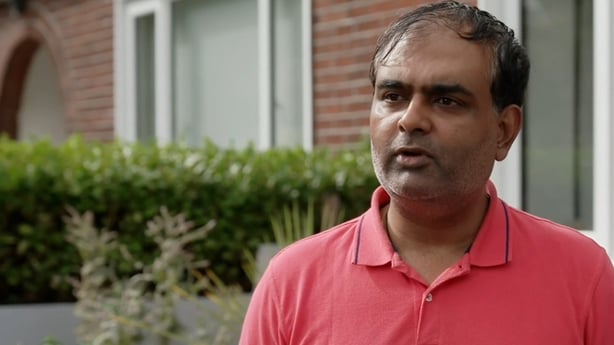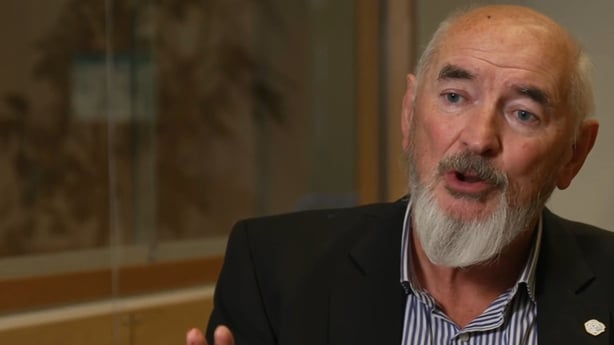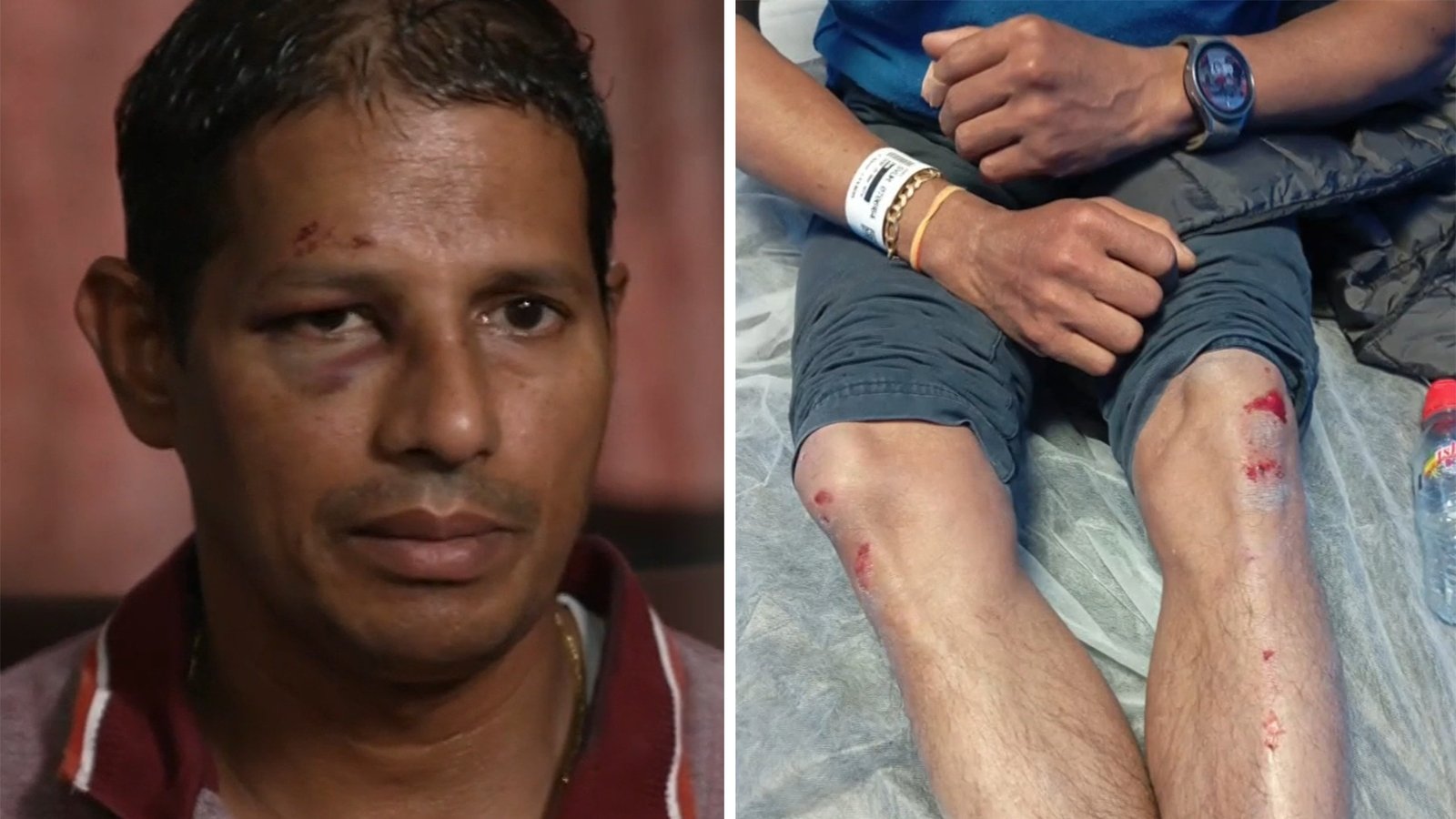Ireland is making the news in India for all the wrong reasons after a series of violent assaults here against Indians and those with Indian heritage.
“A six-year-old Indian-origin girl is the latest victim of racist attacks in Ireland,” read a recent article on the New Delhi-based NDTV about a reported assault by older children in Co Waterford, during which she was allegedly told to ‘go back to India’.
A report in the Hindustan Times, an Indian English-language daily newspaper, cites several other recent cases, all in Dublin, including the knife-slashing of an Indian man, the stabbing of another Indian man with a screwdriver and the beating of data scientist Dr Santosh Yadav.
“People back home in India, they are really worried,” said Sudeep Sanyal, a director of Vedic Hindu Cultural Centre Ireland.
“I’m here 21 years. I’ve never seen it like this,” Mr Sanyal added.
Worried parents in India are concerned about children planning to study in Ireland, for example, he said.
“People are asking, ‘How safe is it?'”

Sudeep Sanyal, a director of Vedic Hindu Cultural Centre Ireland
Some attacks have been linked explicitly to racism.
Others may be random crimes. Early on Wednesday, 6 August, Laxman Das, a chef from eastern India working in Ireland for over 20 years, was cycling to his job when he was attacked and robbed along the canal in Dublin 6.
Three thieves stopped his bicycle and punched and kicked him, he told Prime Time.
They “took everything,” he said, including cash, two mobile phones and his e-bike.
The effect has been physical as well as psychological, he says.
He is currently staying in a friend’s house, adding that he is scared to go to his own home.
“People are really worried,” said Mr Sanyal. “Ireland was always known as a peaceful country, a kind, loving country. But recently… there’s incidents happening regularly,” he said.
“I feel a lot of this is racism.”
These attacks come amid growing concerns about racist harassment and violence in Ireland.
Some harass applicants for international protection who are sleeping rough, abusing them and sometimes destroying their tents.
Some attacks involve gangs who make false claims that the victim – usually a foreign man – was involved in some sort of sexual impropriety.
One violent assault linked to false claims took place in June 2024 outside a supermarket on Dublin’s O’Connell Street.
In footage shared on X, a man is attacked by at least five people. A voice in the video claims he “tried to kidnap children,” while another can be heard shouting, “kill him, kill him.”
The victim is punched and kicked repeatedly. At one point, a woman removes her shoe and strikes him over the head several times; another appears to hit him in the face with a cup of iced coffee.
One common refrain among those targeting immigrants, and one echoed by some anti-immigration politicians, is that immigration has “destroyed” Ireland.
In reality, many areas such as information technology, construction, transport and hospitality are heavily dependent on immigrants.
The last census showed that Indians were the third-largest immigrant group in Ireland and our health system in particular is reliant on workers from the Indian community.
According to the 2024 nursing board register, 40% of Ireland’s 89,496 registered nurses and midwives qualified outside Ireland. Twenty-one per cent were trained in India.
And our health system is becoming more reliant on Indian nurses. In the 12 months to May 2024, just 22% of all newly registered nurses had trained in Ireland while 52% had trained in India.
“We would not have a health service without these wonderful Indian nurses,” said Damien Nee, a member of Dublin’s St James’s Hospital’s Patient Representative Council.
“We should cherish them… Most people don’t realise the extent to which our health service just would not function without these wonderful people,” Mr Nee added.

Damien Nee, a member of Dublin’s St James’s Hospital’s Patient Representative Council
Last week, the Indian Embassy in Ireland advised its citizens in Ireland to “take reasonable precautions for their personal security and avoid deserted areas, especially in odd hours.”
It is a caution that resonates with some long-time residents.
“I feel that a certain segment of the society don’t like me for whatever reason,” Mr Sanyal.
He wonders if that dislike stems from the fact that Indians like him are “working here full-time, working hard, contributing to the society” or because “we are buying houses… I don’t know”.
Like a lot of Indians living in Ireland, Mr Sanyal says he is now more careful and more nervous when out in public, aware that, for some, his skin colour makes him a target.
“I can’t hide. I’m exposed. I can’t change my colour. I’m born like this. I’ll go back to God like this… The colour of my skin should not matter. What I’m giving back to the society… is what matters, if I’m connecting with people… not how I look.”
